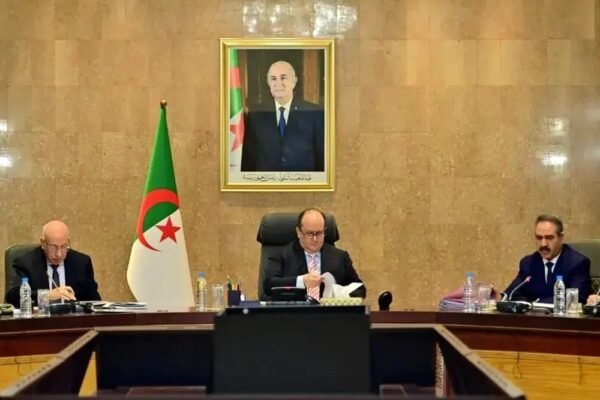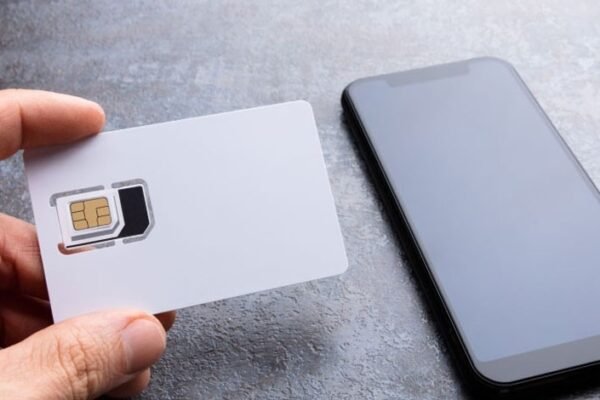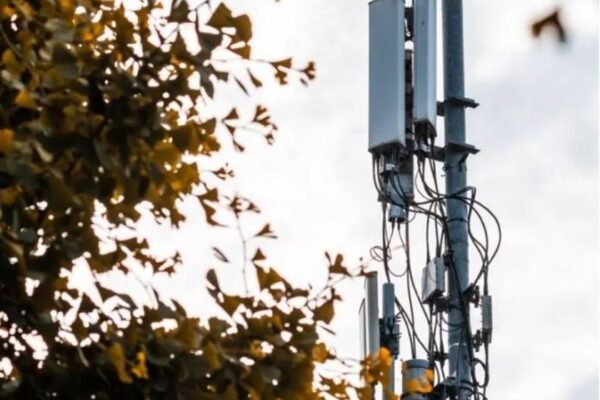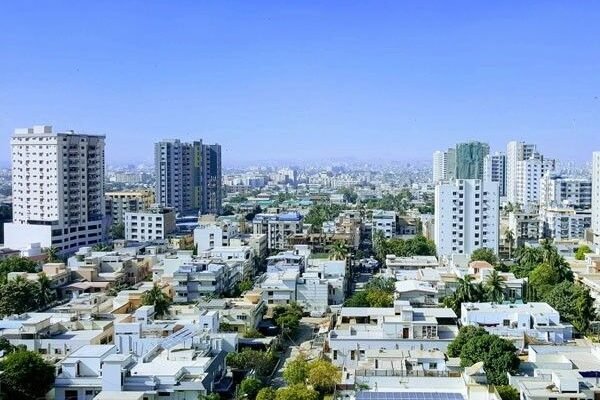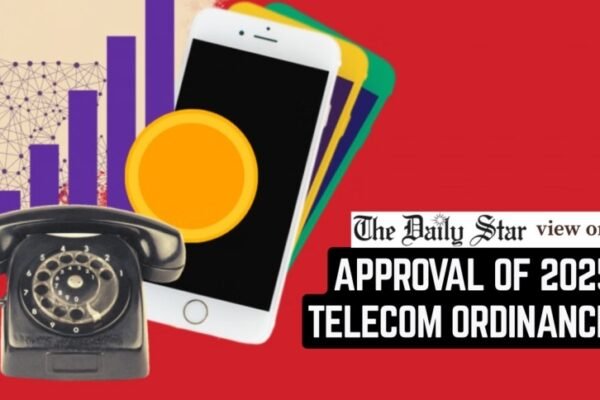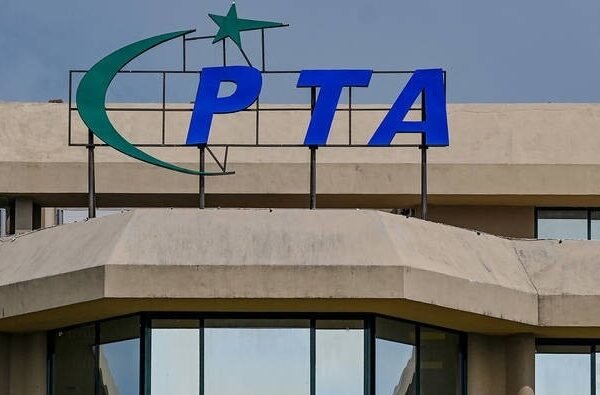
Pakistan telecom regulator warns users against misuse of SIM cards
Pakistan’s telecom regulator has warned users to ensure SIM cards are registered in their own names, stressing accountability for misuse. The advisory follows extortion-related complaints in Karachi and aims to strengthen telecom security and regulatory compliance.












